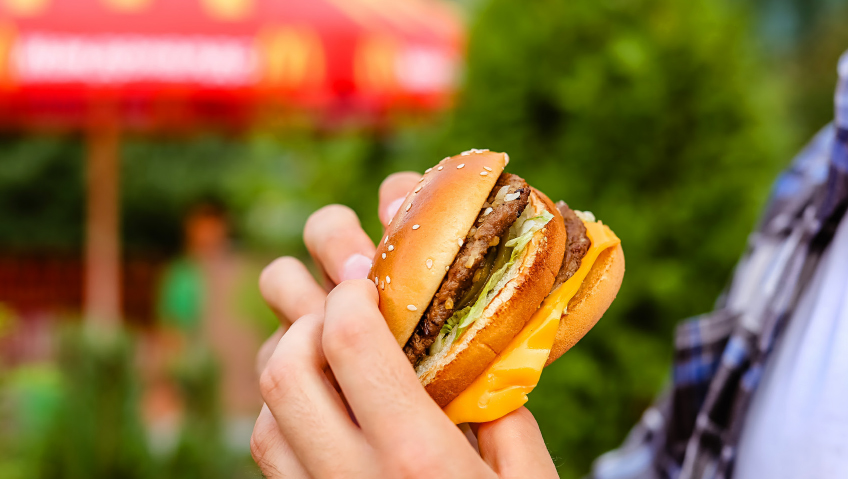A collaboration between McDonald’s USA, Syngenta North America, and Lopez Foods is seeking to reduce some of the environmental impacts of beef production. The restaurant chain is working with Syngenta, an ag-tech leader, and Lopez Foods, one of its long-term protein suppliers, coming together to improve feed efficiency to reduce the amount of greenhouse gas emissions released per pound of meat produced.
The innovation, Enogen®, is a corn feed that has been shown to reduce emissions compared to other corn feeds, which increases the feed efficiency in the production of beef and livestock, major protein sources for the restaurant chain.
“At Syngenta, we’re convinced improving the sustainability of the global food system can be accelerated through innovation and collaboration,” said Justin Wolfe, President of Syngenta Seeds. “We’re proud of the great attributes of our Enogen® corn, and how our work can help enable McDonald’s and their beef supply chain to deliver impact.”
The corn is used for both grain and silage and contains a robust alpha amylase enzyme that supports digestion, as it can be quickly converted from starch to usable sugars, which delivers more energy to cattle.
Studies conducted at the University of Nebraska-Lincoln, Kansas State University, and Pennsylvania State University have shown that Enogen®, when used as silage or grain, can improve feed efficiency by approximately five percent. Further to feed efficiency, it also optimizes the use of land, energy, and water per unit of production.
Syngenta has shown that per 1,000 head of beef cattle, the annual savings could result in: a reduction of 196 tons (178 metric tons) of carbon dioxide equivalent in greenhouse gas emissions; 69-acre reduction (28 hectare) in land use for growing feed; six million fewer gallons (22 million liters) of water used; and 231,000 kilowatt-hours in energy savings. McDonald’s plans to scale this impact to over 164,000 metric tons of carbon dioxide equivalent annually.



